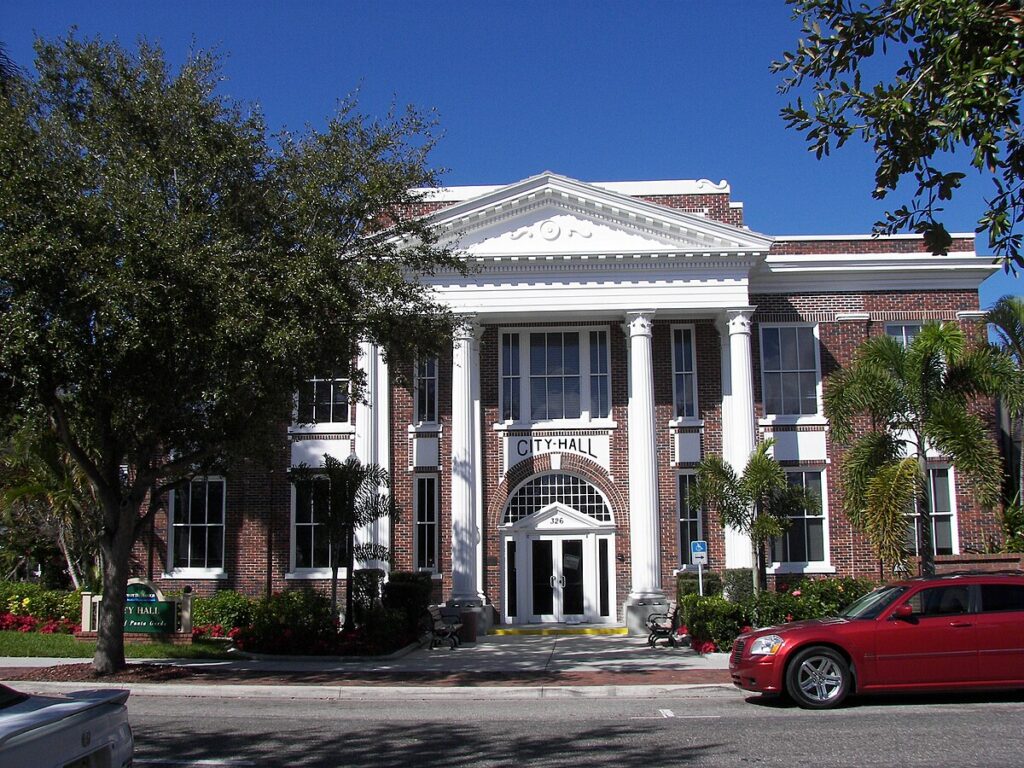
Moving to Punta Gorda, Florida: A Comprehensive Relocation Guide
Considering moving to Punta Gorda, Florida? This historic Charlotte County city offers charming downtown, waterfront location, and peaceful atmosphere. With approximately 21,000 residents in 2025, Punta Gorda combines Old Florida character with Charlotte Harbor access and Southwest Florida’s hidden gem status.
Demographic Profile to Consider If Moving to Punta Gorda:
Punta Gorda’s 2025 population is approximately 21,000 residents in this Charlotte County city along Charlotte Harbor. The median age is around 60 years, reflecting strong appeal to retirees. The population is approximately 88% White, 8% Hispanic. Punta Gorda features a beautifully restored historic downtown along the harbor, tree-lined streets, preserved neighborhoods, and waterfront properties. The city maintains small-town character with emphasis on historic preservation and quality of life. Punta Gorda attracts retirees, artists, and those seeking authentic Old Florida charm with waterfront lifestyle. The community values preservation, arts, and peaceful living. The city consistently ranks among America’s best small towns and retirement destinations. Find trusted local services for moving, living, and working in Punta Gorda.Punta Gorda Relocation Directory
Cost of Living to Consider If Moving to Punta Gorda:
Punta Gorda offers moderate to upper-moderate costs for Southwest Florida. Median home values range from $360,000 to $480,000 in 2025, with waterfront properties commanding higher prices. The median household income is approximately $65,000. Rental properties average $1,800 to $2,500 monthly. Florida’s absence of state income tax benefits retirees. Overall cost of living reflects the city’s charm, waterfront location, and desirability. Punta Gorda attracts affluent retirees and those seeking quality small-city lifestyle. Housing costs reflect the historic character and harbor access. The city provides value for those seeking authentic Florida experience with small-town character. The quality of life justifies moderate premiums.
Economy and Job Market:
Punta Gorda’s economy includes healthcare, government, retail, and tourism. As Charlotte County’s seat, county government provides employment at the historic courthouse complex. Bayfront Health Punta Gorda offers healthcare jobs. The historic downtown’s shops, galleries, and restaurants create service employment. Many residents are retirees. The community supports small businesses and arts. Some work in Port Charlotte or Fort Myers. The local economy operates on a smaller scale with emphasis on quality over growth. Tourism related to the charming downtown brings visitors. Typical commute times to Port Charlotte or Fort Myers vary.
Education:
Charlotte County Public Schools serves Punta Gorda students with schools in the area including Charlotte High School. The district operates throughout Charlotte County. Florida SouthWestern State College campuses provide associate degrees. The educational infrastructure serves the community, though the older demographic means fewer school-age children.
Recreation and Lifestyle:
Punta Gorda’s defining feature is its charming historic downtown along Charlotte Harbor with brick streets, galleries, restaurants, and shops creating a walkable waterfront district. Fishermen’s Village offers shopping and dining. The city maintains scenic Laishley Park and Gilchrist Park along the harbor. Residents enjoy boating on Charlotte Harbor, fishing, and kayaking. The Military Heritage Museum preserves local history. Annual events include the Punta Gorda Wine & Jazz Festival. The community embraces arts with galleries and cultural programming. Golf courses serve residents. Nearby Englewood Beach provides Gulf access within 20 minutes. The lifestyle emphasizes waterfront living, arts, and small-town connections in authentic setting. The subtropical climate enables year-round harbor activities. The community values historic preservation, arts culture, and quality of life over rapid growth.
Healthcare and Services:
Punta Gorda residents access healthcare through Bayfront Health Punta Gorda, Fawcett Memorial Hospital in Port Charlotte, and facilities throughout Charlotte County. The region’s healthcare infrastructure serves the significant retiree population. The area’s medical resources continue expanding to serve Southwest Florida’s growth.
Transportation:
Punta Gorda is accessed via U.S. Highway 41 (Tamiami Trail) and Interstate 75 accessible within 15 minutes east. Punta Gorda Airport provides limited commercial service with nonstop flights to several cities. Southwest Florida International Airport in Fort Myers is approximately 35 minutes south. Charlotte County Transit provides limited service. Most residents use personal vehicles. Historic downtown offers excellent walkability.
Conclusion:
Moving to Punta Gorda in 2025 offers charming small-city living with historic downtown, Charlotte Harbor waterfront, and Old Florida character. The city’s combination of preserved architecture, arts culture, peaceful atmosphere, and quality of life makes it ideal for retirees, artists, and those seeking authentic Southwest Florida lifestyle in a beautifully maintained community consistently ranked among America’s best small cities.

